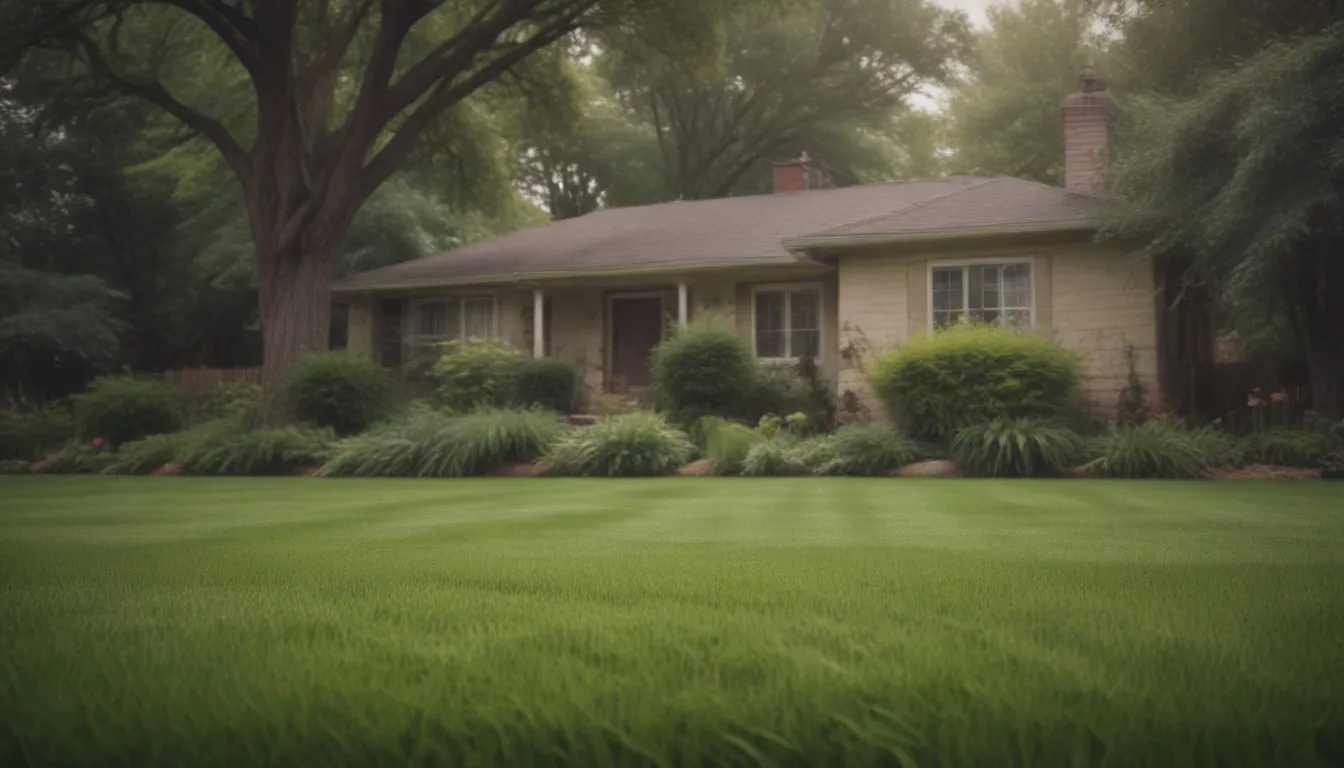How to Properly Care for Your Lawn to Avoid Over-Fertilizing

Taking care of your lawn is crucial to ensure it remains healthy, vibrant, and green. While fertilizing is a key component of lawn care, overdoing it can lead to serious consequences for your grass. In this comprehensive guide, we’ll explore the impacts of over-fertilizing, how it affects your lawn, and most importantly, how to fix and prevent it. Let’s dive in!
Understanding the Effects of Over-Fertilizing on Your Lawn
Over-fertilizing can wreak havoc on your lawn, leading to issues such as burnt grass, limp roots, and even the death of your plants. Several factors can contribute to over-fertilizing, including poor soil drainage, incorrect application, or failure to water your lawn properly after fertilizing. It’s essential to understand the following key points:
The Importance of Proper Fertilization
Every lawn requires proper fertilization to thrive. Just like any other crop, your grass needs essential nutrients to grow and stay healthy. Without the right balance of nutrients, your lawn can become weak, susceptible to diseases, and easily damaged.
Conducting a Soil Test
Before applying any fertilizer, it’s crucial to conduct a soil test to determine the exact nutrients your lawn needs. A soil test will provide you with valuable information about your soil’s nutrient levels, pH balance, and recommendations for correcting any deficiencies. Make sure to specify that the soil test is for your lawn to receive accurate recommendations.
Choosing the Right Fertilizer
Opt for a slow-release, high-nitrogen fertilizer for your lawn. Slow-release fertilizers provide a steady supply of nutrients over time, ensuring your grass receives consistent nourishment. Look for fertilizers with a high percentage of water-insoluble nitrogen (WIN) to promote healthy, sustainable growth.
Signs of Over-Fertilization
Recognizing the signs of over-fertilization is crucial for timely intervention. Symptoms may include yellowing or browning of grass tips, slow growth, blackened roots, or a crusty residue on the soil surface. If you notice these signs, it’s time to take action to save your lawn.
Steps to Fix an Over-Fertilized Lawn
If you’ve accidentally over-fertilized your lawn, don’t panic. There are several steps you can take to remedy the situation and restore your grass to its former health. Follow these guidelines to fix an over-fertilized lawn effectively:
Remove the Excess Fertilizer
If you’ve applied too much fertilizer in a concentrated area, take immediate action to remove the excess. Use a rake to distribute the fertilizer evenly or remove it altogether. Water the area thoroughly to dilute the remaining fertilizer and minimize damage.
Water Your Lawn
Watering is a simple yet effective way to dilute excess fertilizer and help your grass recover. Ensure your lawn receives at least one inch of water daily for a week to flush out any residual nutrients. Adequate watering promotes new growth and rejuvenates your lawn.
Delay Mowing
Avoid mowing your lawn immediately after over-fertilizing. Allowing the grass to grow longer enables increased photosynthesis, aiding in nutrient absorption and utilization. Give your lawn a break from mowing to facilitate recovery and growth.
Reseed Bare Patches
In severe cases where the grass has died due to over-fertilization, reseeding bare patches is necessary. Prepare the soil, sow grass seeds, cover with straw for moisture retention, and water diligently until the new grass establishes. Patience and proper care will help your lawn bounce back.
Preventing Over-Fertilization in Your Lawn
Prevention is key to maintaining a healthy lawn and avoiding the pitfalls of over-fertilization. Follow these tips to prevent over-fertilizing your lawn and promote long-term vitality:
- Conduct regular soil tests to determine your lawn’s nutrient needs.
- Choose a slow-release fertilizer with the appropriate nitrogen content for optimal growth.
- Fertilize your lawn no more than twice a year, in the spring and fall.
- Avoid fertilizing during the summer months, as this can stress the grass.
- Leave grass clippings on the lawn to recycle nutrients and reduce the need for additional fertilization.
By following these preventive measures, you can ensure that your lawn receives the right amount of nutrients without the risk of over-fertilization. Healthy, thriving grass is within reach with proper lawn care practices.
In conclusion, taking care of your lawn requires a balance of nutrients, proper fertilization, and timely intervention in case of over-fertilization. By understanding the effects of excess fertilizer, recognizing the signs of over-fertilization, and taking steps to fix and prevent it, you can cultivate a lush, vibrant lawn that enhances your outdoor space. Remember to prioritize the health of your grass and provide it with the care it needs to thrive. Your lawn will thank you for it!





